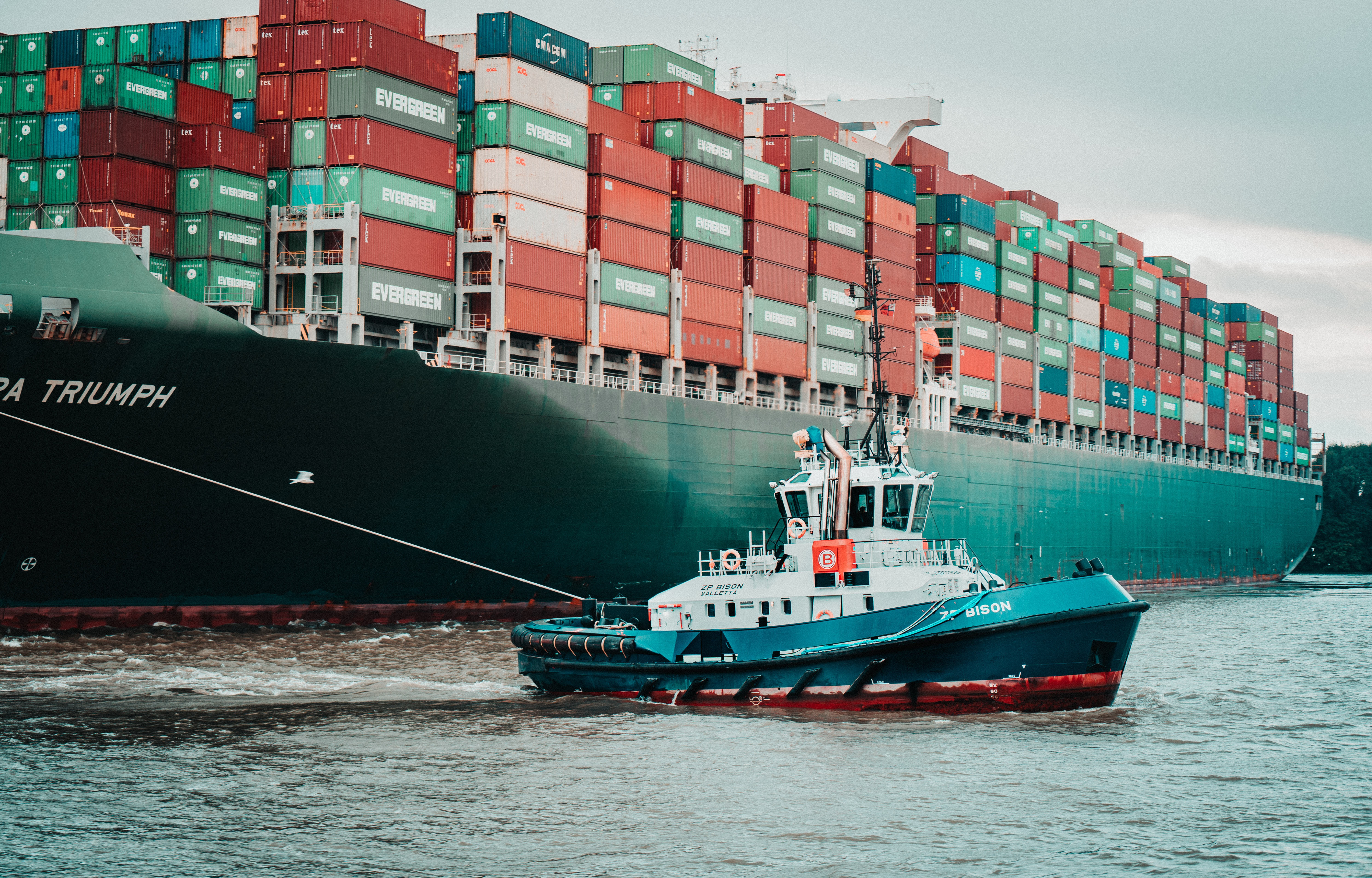In several of our episodes discussing geopolitics, business, and international relations, guests on The International Risk Podcast explore the concept of The Great Realignment, a dynamic fraught with both international risks and opportunities. This concept not only reflects the current global landscape but also underscores the obligations facing companies striving for success in the upcoming year.
Reflecting on recent history, the post-pandemic economic resurgence appeared promising initially, only to reveal itself as a mere blip on the radar, with many international risks remaining, and some increasing in potential impact. The much-anticipated economic and political rejuvenation turned out to be a period marked by significant economic strain and intertwined with geopolitical unrest. Consequently, numerous pressing global issues, including climate change, conflicts, social unrest, and mounting debt, have been hindered by a lack of international cooperation.
The Continuing Risk of Extremism
The recent Hamas terrorist attack on Israel and its repercussions on civilians from both sides of the conflict serve as a stark reminder of the imperative need for dialogue and collaboration in addressing longstanding issues. It remains our hope that ongoing reconciliation efforts in the Middle East can avert the escalation of the Israel-Hamas conflict into a wider regional crisis with significant international risk. International cooperation will continually face challenges, and this will be no different in 2024.
While terms like “unprecedented” are frequently employed, the complexities of our current era do indeed possess historical parallels, albeit not in recent memory. The global order is in a state of flux, and it will take time to discern the emerging rules and norms. As is customary during periods of transition, there will be both winners and losers.
Business Interests and Identifying International Risk
For businesses, the key lies in objectively assessing international risk through various lenses. An abundance of uncertainty fosters a pessimistic outlook for the future, leading companies to shy away from calculated risks that could yield opportunities. Political risks loom large for many of our clients, whether in their domestic markets, where election outcomes seem uncertain, or in international locales where the specters of conflict, political violence, or regulatory overburden threaten their investments.

Companies that can localize their operations will achieve greater success on the global stage. This trend has been gradually evolving, highlighting the value of granular, local understanding over sweeping global narratives. Local adaptation is the currency of The Great Realignment.
Globalisation and Resilience
Although globalization’s era is not definitively over, its character is evolving, prompting companies to invest more time and resources in uncovering their critical dependencies and bolstering their resilience. The approaching year will witness heightened geopolitical competition and, in some regions, conflicts.
At the national level, internal political dysfunction and rivalry can divert attention and hinder effective collaboration on global issues. With economic uncertainty lingering from the pandemic, many governments adopt short-term, domestically-focused strategies that pay only lip service to more strategic planning. This poses a genuine challenge for businesses whose planning and investment decisions demand greater certainty.
On a global scale, the repercussions of excessive debt and recent inflation are still reverberating through political and economic systems. Growth remains elusive, with emerging economies grappling with the need to generate jobs and invest amidst surging debt costs. Many nations incurred debt for pandemic relief, but it primarily constituted emergency spending rather than productive investment, significantly straining financial resources. Economic stresses swiftly spill over into the political arena, and the populism and nationalism witnessed in recent years are poised to persist.
In 2024, the nationality of a business will continue to be a primary concern in numerous regions. This aligns with the ongoing trend where global businesses are drawn into geopolitical tensions due to their country of origin. The politicization of regulations, complex sanctions regimes, and a multitude of foreign investment restrictions elevate this risk trend for the coming year.
Regulations, AI, and Cyber Risks
Regulatory risk, in all its facets, will continue to bear down on international firms, with data sharing restrictions and storage mandates taking center stage. Businesses have long relied on the seamless sharing of data across borders, but new laws in key markets are necessitating radical changes, accompanied by stringent penalties for non-compliance.

Governments will also grapple with the implications of artificial intelligence, not only from an economic standpoint but also considering its political and security ramifications. Mainstream news organizations are intensifying their efforts to verify content in response to the influx of AI-generated material during major geopolitical events. As AI capabilities advance, generating content nearly indistinguishable from reality for most, its potential impact on domestic and global politics cannot be underestimated. Businesses face the challenge of safeguarding their brand and reputation when targeted, as well as managing accurate information during crises.
Cyber threat actors will increasingly incorporate AI into their operations, intensifying the pace and scale of cyberattacks globally. While the AI revolution’s velocity may not reach the most exaggerated predictions, the rapid advancements to date signify that the world stands at the threshold of a transformative era, laden with opportunities and potential disruptions that will spread international risks at speed.
Huge Opportunities Exist Globally
Amidst the array of risks and potential crises, it remains crucial not to overlook positive trends and opportunities. In India, the likelihood of Prime Minister Narendra Modi’s return to office in the 2024 national elections presents a promising scenario for further economic reforms. With a population of 1.4 billion, a burgeoning middle class, and a wealth of human talent, the next decade appears poised for India to fulfill its long-standing promise. India’s economic vigor will be complemented by increased global influence. While investing in India may present challenges, its sheer scale ensures that few companies can afford to ignore it. 2024 is expected to witness an initial surge of investments in India, potentially transitioning into a sustained flow, particularly when alternative sources of opportunity are scarce.
Companies venturing into new markets must grasp the intricate power dynamics at multiple levels and be prepared to challenge conventional assumptions. Populism and nationalism remain influential, compounded by great power and middle power competition. Furthermore, the past year has unequivocally demonstrated the consequences of a shifting climate. Nations have grappled with floods, droughts, storms, and wildfires on a scale that would have previously been considered generational events. Climate disruption will drive migration, undermine economic prosperity, and test societal resilience.
International corporations may at times feel overwhelmed by the multitude of issues demanding their attention, from internal operations to heightened scrutiny of their supply chains, and ESG expectations and reporting requirements. The temptation to seek unrealistic levels of certainty should be resisted. Ultimately, the companies that thrive will be those that exhibit agility, adaptability, and a clear understanding of their risk tolerance and the operating environment. While most corporate leaders might wish for a year with fewer challenges to manage in 2024 compared to recent times, such wishful thinking is likely to remain just that. Keep listening and enjoying The International Risk Podcast to keep your situational awareness ahead of the pack!
My brother strongly recommended that I visit this website, and he was entirely correct. This post truly brightened my day. You have no idea how much time I had wasted searching for this information. Thank you.
Pingback: The Geopolitical Risks and Impact on Business – The International Risk Podcast